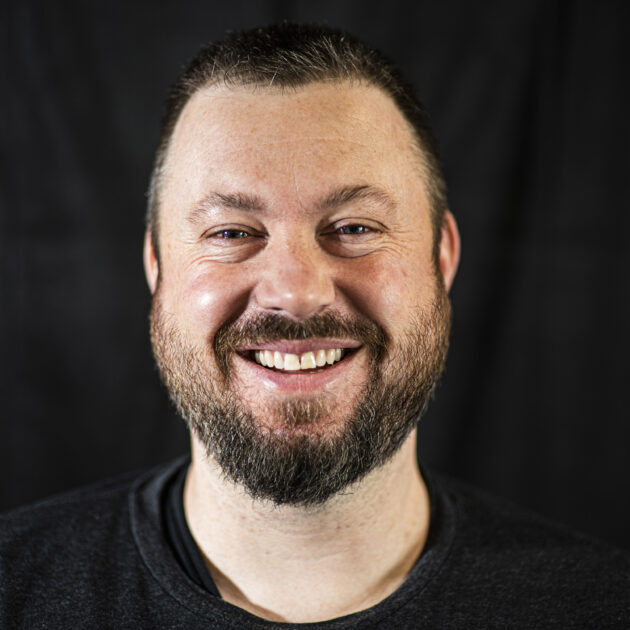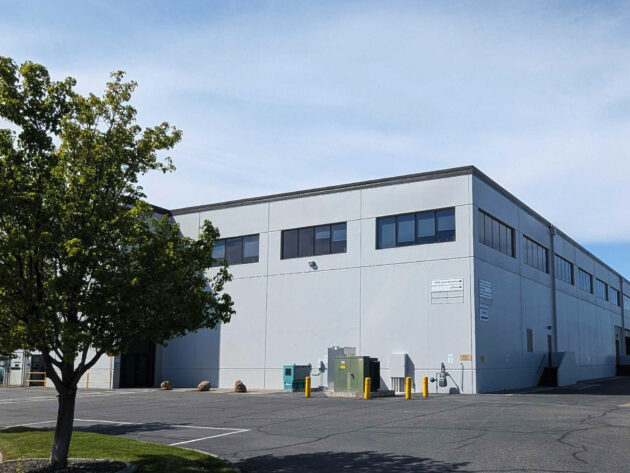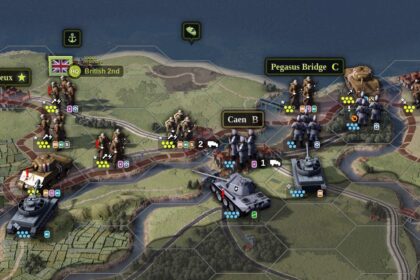Seattle startup Avalanche Energy has landed $10 million from the Washington State Department of Commerce Green Jobs Grant Program to launch a first-of-its-kind, commercial-scale testing facility for fusion technologies in Eastern Washington.
The facility, called FusionWERX, is a public-private partnership offering shared R&D resources to universities, companies, and government labs to support fusion power businesses, the sector’s supply chain and production of radioactive materials.
Fusion companies globally are chasing the vision for essentially limitless, carbon-free power created by smashing together light atoms. They’re building super high-energy devices that use magnets and lasers to generate the conditions needed to achieve and sustain fusion.
The Pacific Northwest is a fusion hub with companies that include Avalanche, Zap Energy, Helion Energy, Kyoto Fusioneering, Altrusion and ExoFusion in Washington state, and General Fusion in British Columbia, among others.

“By supporting Avalanche’s FusionWERX facility, Washington is translating cutting-edge fusion science into family-wage jobs and a resilient clean-energy supply chain,” said Joe Nguyen, director of the Department of Commerce, in a statement. “It’s exactly the kind of community-driven innovation our Green Jobs program exists to champion.”
Robin Langtry, co-founder and CEO of Avalanche, called the new funding “an unexpected but very welcome surprise” that should create 12 permanent jobs in Richland, Wash., in the Tri-Cities.
Avalanche signed the Commerce award contract just weeks ago. The program supports the planning, engineering and construction of clean technology projects.
The company is currently designing the facility and expects most of the site’s equipment to be installed and commissioned by the fall of 2026. Operations should start in 2027. Langtry hasn’t shared a total price tag for the effort.
FusionWERX aims to be one of the most advanced privately owned operations for handling tritium, a radioactive form of hydrogen. The facility is located in a building owned by the Port of Benton that was previously licensed for tritium operations.
There are already interested customers for the space. Fusion Fuel Cycles, which is a partnership between Kyoto Fusioneering and Canadian Nuclear Labs, has signed a memorandum of understanding (MOU) to test multiple technologies. There are also potential collaborations in the works with the U.S. Department of Energy and Washington State University, Langtry said.
Avalanche is developing compact, magneto-electrostatic fusion devices that use tritium as a fuel. Earlier this month, the startup hit a milestone by operating its desk-sized device at 300 kilovolts for multiple hours — a voltage density about twice that of lightning.
Company leaders said they have the highest-voltage compact fusion device ever built, and can generate neutrons that are needed by industries such as advanced materials science, nuclear power and specialized medical treatments.
Avalanche has signed its first neutron customer, who needs the subatomic particles for a process called “advanced material doping treatment.” The startup didn’t name the customer, but the process is most commonly used for semiconductor applications.
Avalanche has raised $50 million to date from investors that include Chris Sacca’s Lowercarbon Capital, Founders Fund, Toyota Ventures, Azolla Ventures and others. It previously received $8 million in government grants and contracts. The company is reportedly aiming to raise a Series B round of up to $100 million, according to Axios.
Read the full article here










